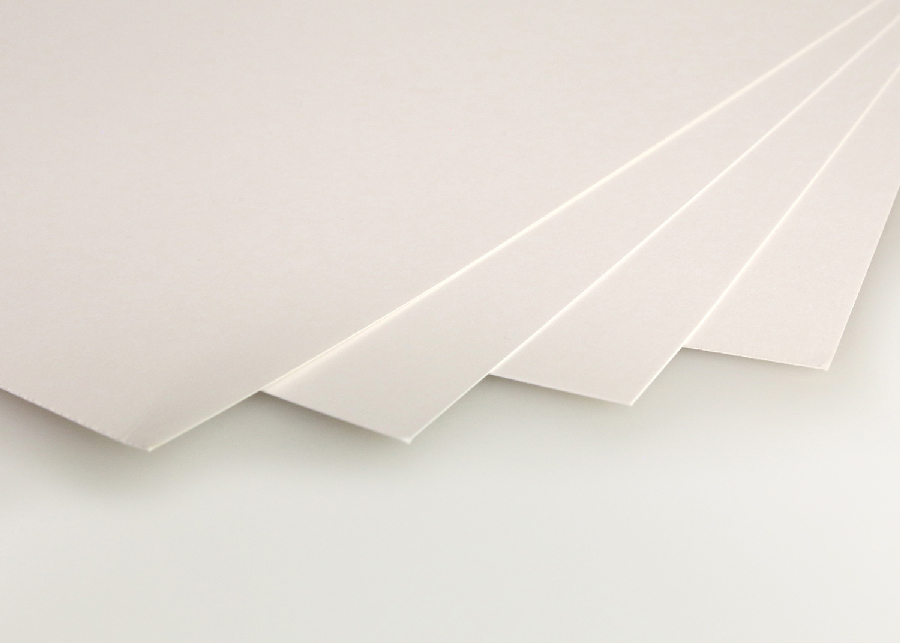
Bristol
This is an uncoated machine finished paperboard popular with illustrators. Bristol varies widely. Thicker ones are less prone to buckling with water media.
For best results, use the media as recommended by the paper manufacturer and test.
When working on these types of papers, acrylics, watercolors, and dry drawing media, a barrier is not required. However, when painting with oils on paper, an application of 3 or more coats of Acrylic Gesso is recommended to block oil absorption.
Grounds, gels, and pastes can be applied to alter the surface’s absorbency, durability, or texture.
Article: Paper Warping When Painting With Acrylics
Article: Painting with Oils on Paper
Article: Paint and Paper, Making a Watercolor
About Golden Artist Colors, Inc.
View all posts by Golden Artist Colors, Inc. -->Subscribe
Subscribe to the newsletter today!


For some time, I prepared 6×6″ paper “tiles” for oil painting by coating both sides of a 100# Bristol with commercial shellac. To prepare, I would tape all edges of the paper onto my work surface as you would water color paper. Coating both sides keeps the paper flat and creates a lightweight and fairly stiff surface that holds up well to scraping with a painting knife. I then mounted the prepared paper to an UltraBoard backing using Goldens Matt Medium. Using a tinted shellac also made for a built in Amber tone to the panels. These little tiles became a very handy and lightweight panel for plein aire use.
I used these tiles for some time before switching to ACM, a little less labor intensive preparation. I have often wondered about the archival properties of the shellacked tiles might be, if any. Thoughts?
Hello Pat,
Thank you for your comment – sorry for the delayed response! Bristol paper made with 100% cotton fiber should be a fine paper substrate for oil painting – the thicker the paper the better. In general, shellac is a brittle material and becomes more brittle and darkens with time. We tested BIN® pigmented shellac on 140 pound watercolor paper for this article and found the results to be much more brittle than the paper sized with acrylic product or PVA. The paper sized with BIN readily cracked when bent. You can test the Bristol you use for embrittlement by coating it with the shellac and then bending it to see if it is more brittle than uncoated Bristol or Bristol coated with Acrylic Gesso. Typically it takes quite an aggressive bend to see the results of this kind of testing, but it can provide insights to the nature of different sizing materials and how they might age over time. Keeping your oil paintings on paper flat in a portfolio or adhering them to a rigid support should help mitigate issues associated with embrittlement.
Best wishes,
Greg Watson